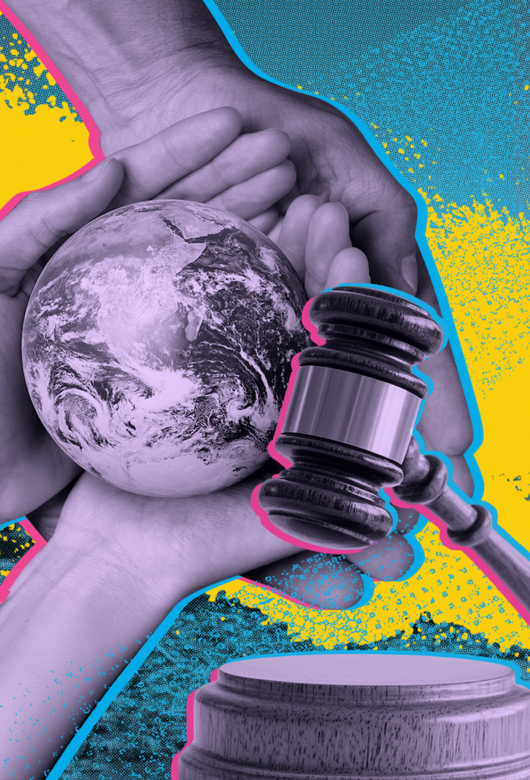
Please enter an access code
Apocalyptic climate optimism
Scientists believe that people will only mobilise on the climate crisis when they personally experience climate shock. Are communities united enough to make the shift to activism based on personal pain of the climate crisis?
Horse Wynd, Edinburgh, EH99 1SP
Information
In partnership with the Royal Scottish Geographical Society
Increasingly, many scientists believe that people will only mobilise on the climate crisis when they personally experience the pain and suffering of climate shock akin to the recent LA firestorms. Only mobilisation and demonstration will pressurise governments and business to actively reduce carbon emissions and make progress on climate talks. How optimistic should we be and are communities united enough to make the shift to activism based on personal pain of the climate crisis?
Chair: Michael Matheson MSP Deputy Convener, Net Zero, Energy and Transport Committee
Panellists:
Clare Wharmby is the Co-Director of the Scottish Climate Intelligence Service (SCIS) and works for the Edinburgh Climate Change Institute. The SCIS supports local authorities to develop online climate action plans using a shared data platform, focusing on effective climate solutions and the systemic changes needed to fund and implement them.
Dr Hannah Salamon is a Research Associate at the Centre for Public Policy at the University of Glasgow. She researches the gendered dimensions of climate change policies and outcomes, with particular focus on the green energy transition. She also researches the role of inclusion and diversity in climate Citizens' Assemblies.
Mike Robinson OBE has been Chief Executive of the Royal Scottish Geographical Society since 2008. Through this role and over the course of the last 25 years, Mike has been instrumental in informing policy through joined-up, collaborative action, particularly in sustainability and climate change.
Robert Moran is a partner at the Brunswick Group, a critical issues advisory firm in Washington DC. Robert is a management consultant, communications strategist, futurist, and writer. His new novel is Lincoln 2.0, which explores a near future of AI candidates
 An event by Festival of Politics
An event by Festival of Politics
Map
Discover more from Festival of Politics

Who gets a say? Environmental justice and the law

Reshaping local government: a vision for Scotland�...

Peace in the Middle East?
